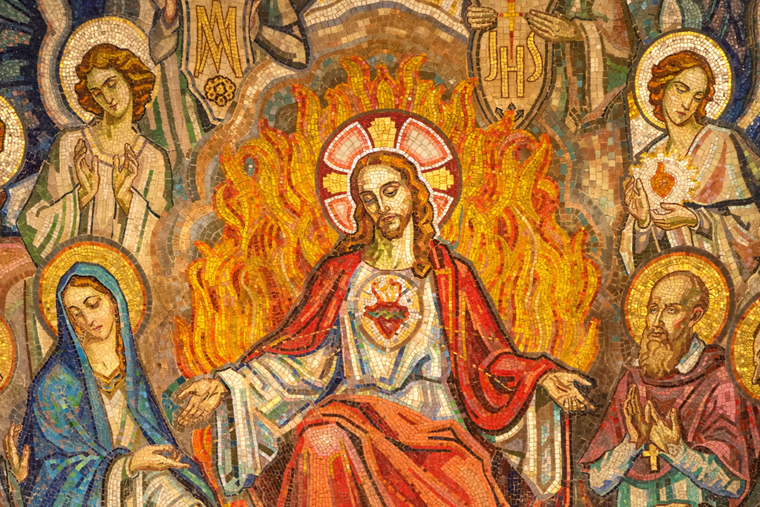By Msgr. Charles Pope
Copyright ncregister

Sunday, Sept. 21, 2025, is the 25th Sunday in Ordinary Time; Mass readings: Amos 8:4-7; Psalm 113:1-2, 4-6, 7-8; 1 Timothy 2:1-8; Luke 16:1-13.
In the Gospel, the Lord Jesus gives a penetrating analysis of the state of the sinner and some very sobering advice to us would-be saints.
Note three things about the sinful steward.
Jesus said to his disciples, “A rich man had a steward …”
Notice that he is referred to as a steward rather than an owner. God is the owner of everything; we are but stewards. Everything belongs to God.
“… who was reported to him for squandering his property.”
The heart of many of our sins relates to wasting the gifts we have received and using them for sinful ends. In gossip, lying and cursing, we misuse the gift of speech; in laziness, we misuse the gift of time; in all sin, we abuse and squander the gift of our freedom.
Next, the Lord reminds us that someday our stewardship will end and we will all be called to account.
After analyzing the sinner, the Lord lays out four principles we ought to follow:
“And the master commended that dishonest steward for acting shrewdly. For the children of this world are more shrewd in dealing with their own generation than are the children of light.”
The Lord says to us here that the spiritually minded ought to show the same intensity, organization, dedication and craftiness that the worldly show in their pursuits. We ought to be zealous for the truth, for prayer, and for opportunities to sharpen our spiritual skills and increase our holiness. We ought to be zealous to be rich in grace.
“I tell you, make friends for yourselves with dishonest wealth, so that when it fails, you will be welcomed into eternal dwellings.”
On the day of our judgment, will others, including the poor and needy, speak on our behalf? Will they be among the angels and saints who welcome us to eternal dwellings? Scripture says that the Lord hears the cry of the poor and needy. In effect, the Lord Jesus tells us to be wise in our use of worldly wealth.
“The person who is trustworthy in very small matters is also trustworthy in great ones …”
God wants to see how we handle small but significant matters; then he’ll decide if we’re able to able to handle bigger blessings like the spiritual blessings of holiness and heaven.
No servant can serve two masters. He will either hate one and love the other, or be devoted to one and despise the other. You cannot serve both God and mammon.
We are called to obey God alone, to have an undivided heart.



